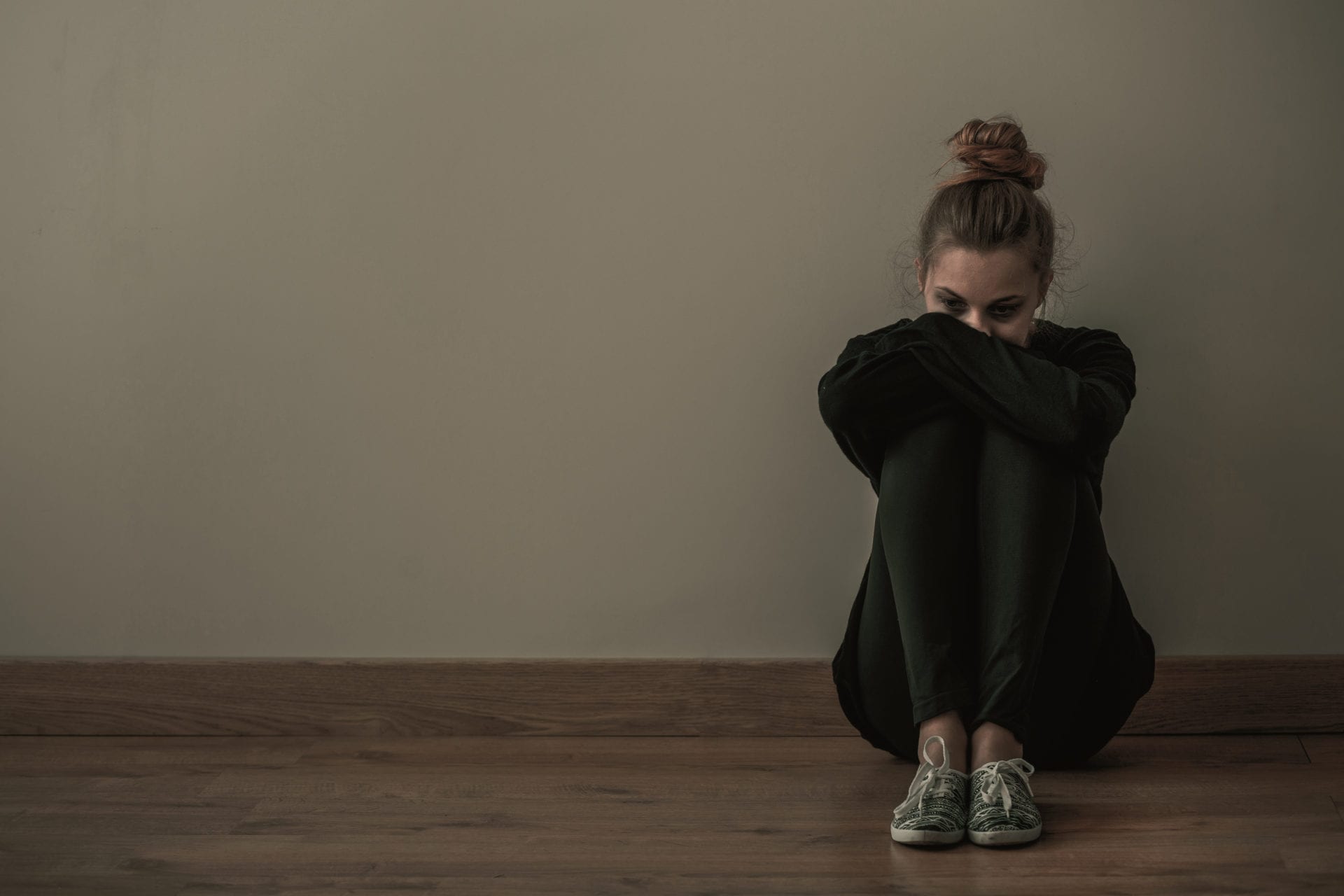Substance abuse and addiction is indeed a terrible disorder that affects the lives of addicts and their loved ones. When you are ready to get help, finding a rehab center is a life-changing decision, and the first step in your recovery journey. Luckily, many treatment centers are committed to helping addicts recover from addiction and give them coping skills to take home with them.
But not all treatment facilities are created equally, plus the sheer number of treatment facilities available makes choosing one difficult. And the fact is that some treatment centers are more reliable than others. So how do you find a treatment center that suits you?
With many rehab facilities in the United States, the right fit for your treatment needs does exist. Anchored Tides Recovery feels if you take the steps below, they will help you pick the right facility!
How to Find a Rehab Center
Define Your Goals
The ideal treatment center offers various treatment programs that target specific behaviors that you would like to change. So take some time to define your goals and determine what behaviors you’ll like to change in your life. Once you’ve figured that out, you will want to know the timeline to attain those goals during your recovery.
Also, understand that the treatment facility you choose will measure your success in achieving their goals.
Can you accept the rehab’s goals? Does it align with yours? You should consider your needs with respect to the recovery centers’, and then will you find a treatment center that can help you reach your goal.
Is It Accredited?
When looking for an addiction treatment center, another thing to consider is what accreditations do they have?
Licensed and accredited rehab centers show that they are committed to providing the best care to addicts. Before enrolling in a program, determine if the rehab center is licensed to treat addiction.
Treatment Programs
There are many treatment programs and therapy options available to help addicts get the help they seek. Some of these treatment facilities specialize in treating mental addiction, while others focus on treating co-occurring disorders.
You probably won’t want to end up in a rehab center that doesn’t offer programs that are best suited for you. Make sure you research the available treatment before signing up for a program.
Location
Depending on your situation, you may fancy a rehab center close to your home, especially if you want to stay close to your loved ones.
However, choosing a rehab center that’s far away might be highly beneficial, since it breaks the link between you (the addict) and your previous life.
Cost
Before you find a rehab center, you will want to consider the cost. The truth is that prices vary greatly depending on the facility, the length of stay, the program’s intensity, and so on. A good program for you should feel financially feasible.
Commonly used options to help pay for rehab include:
- Reduced cash pay rate
- Medicare and Medicaid
- Private health insurance
- Personal loans
Gender Preference
Some addiction treatment centers are gender-specific, and deciding to go to one is completely dependent on your preference. Success rates of mixed gender & gender specific treatment centers can be the same, it’s really up to you whether or not you’d like to be surrounded by the same gender. There is a sense of safety and security that women feel when attending a women’s only treatment center, especially if they’ve experienced past trauma.
Outpatient, Inpatient, and Specialty Programs
If you are in an inpatient program, you will live at the facility for a particular period, and this allows you to focus solely on your recovery for the duration of your stay.
Outpatient programs are available after the inpatient program and also act as stand alone treatment. You don’t need to live at the rehab center during this program. Outpatient programs allow for more flexibility in your schedule while seeking recovery.
Begin Your Recovery Journey With Anchored Tides Recovery
Anchored Tides Recovery center is a female-only addiction treatment center dedicated to helping women find recovery from drug and alcohol addiction, mental health issues, and past trauma. We incorporate mental, physical, academic, emotional, and vocational needs into each client’s treatment plan.
If you need help with drug or alcohol addiction, contact us today and let’s get started on your journey towards recovery.





























